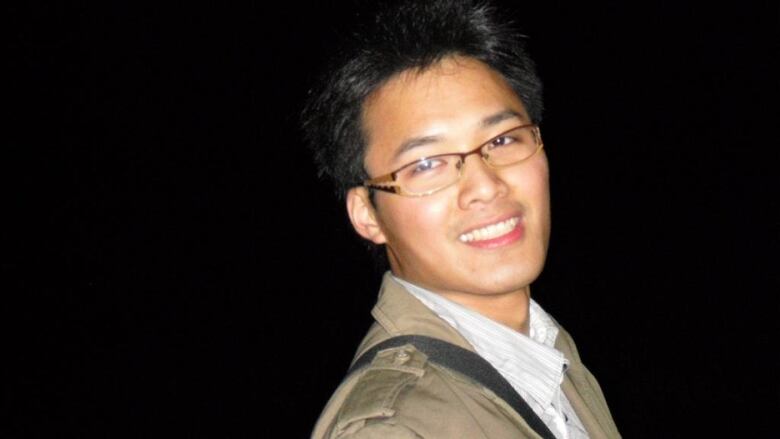Family calls for public inquiry into Montreal police shooting death of 38-year-old man
Lawyer says Ronny Kay was not a criminal, his family wants to understand what happened

The family of Ronny Kay, a 38-year-old Montreal man killed by Montreal police earlier this month, is calling for a public inquiry into his death.
"Now the family is dealing with grief — is in shock — with what happened and they have a lot of questions," said lawyer Virginie Dufresne-Lemire.
"So they are asking for a public inquiry. Not just a coroner's inquiry, but a public inquiry so they can have answers to their questions."
The concern, she explained, is how the police intervene when a person is in a state of mental crisis. That is what is thought to have led to the police intervention on Sept. 17.
Quebec's police watchdog, the Bureau des enquêtes indépendantes (BEI), is currently investigating the incident which took place at around 12:30 p.m. that day on Nuns' Island.
A 911 caller said a man was walking around with a handgun, the initial BEI report said.
The Service de Police de la Ville de Montreal (SPVM) officer who responded to the call shot the man after he pointed what looked like a handgun in the direction of the officer.
The man died soon after he was rushed to hospital, the BEI said.
Guy Lapointe, spokesperson for BEI, said the investigation is still ongoing, but it has since been confirmed that the man was carrying an imitation gun.
"A lot of things need to be verified. There are some witnesses we haven't talked to yet," said Lapointe on Friday afternoon.
Kay's family is preparing for his funeral services.
According to his obituary, he is survived by his parents, three sisters and two brothers-in-law. He also leaves behind two nieces, a nephew, his dog, extended family, friends and co-workers.
In lieu of flowers, the family is asking for donations to Équiterre or any other organization dedicated to the protection of nature or science.
Meanwhile, their lawyer said there are still steps for the investigation to go through, but only a public coroner's inquiry will shed light on the intervention.
An inquiry could lead to suggestions to improve the way police respond to such situations, Dufresne-Lemire said.
She said the family does not have a lot of information at this point and wants to better understand what happened.
"Then we can see if it was an adequate intervention for somebody in crisis," said Dufresne-Lemire.
"This was not somebody who was a criminal. This was somebody who was in crisis. That's what we understand for the moment."